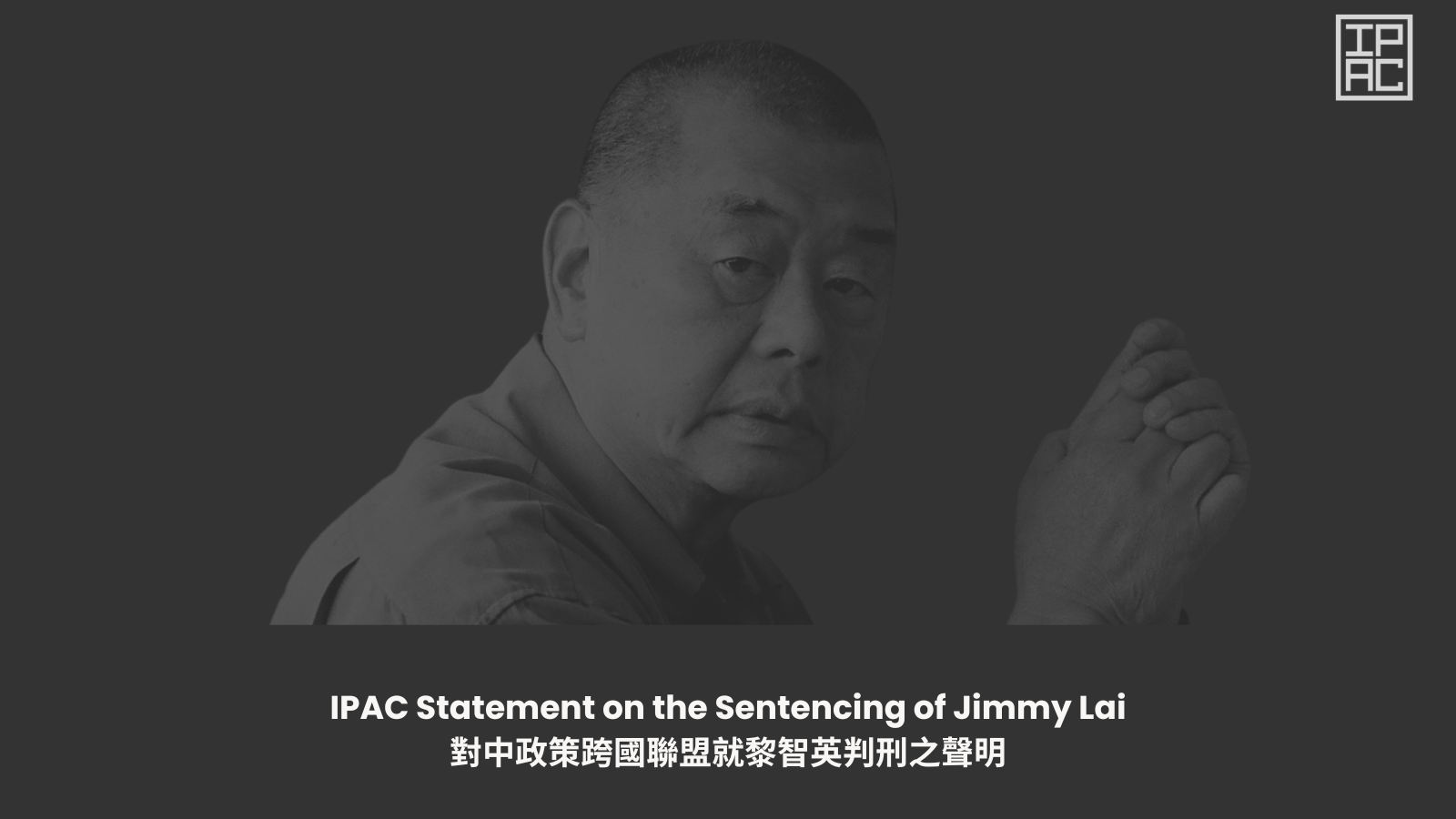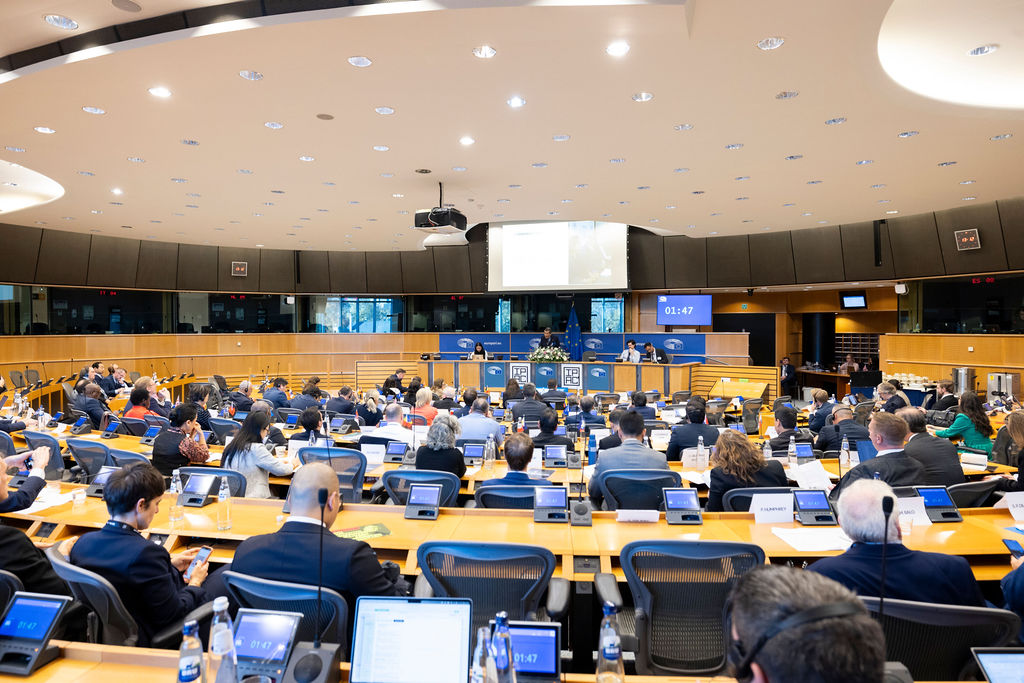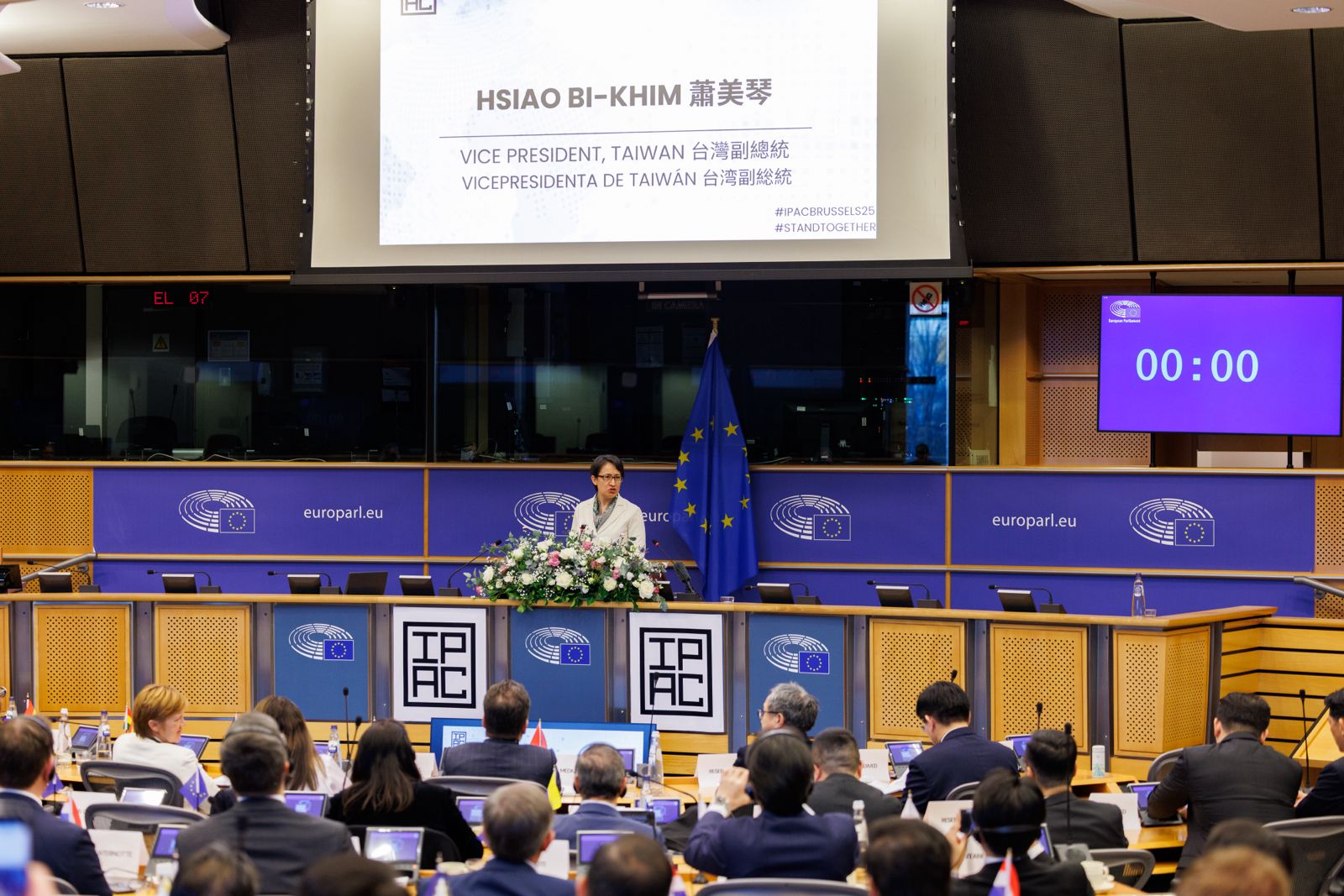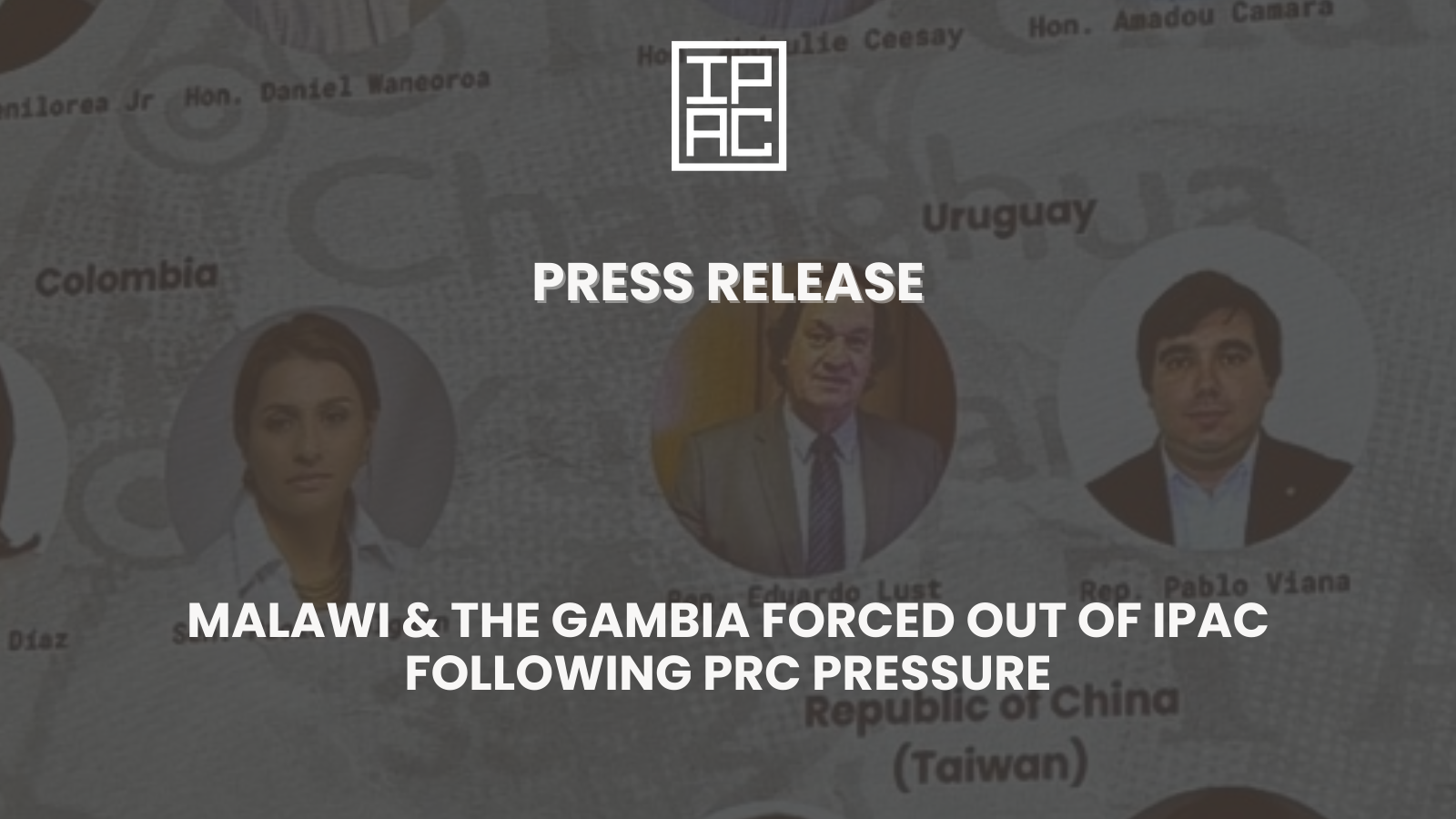Statement on Land Transfers and Labour Transfer Scheme in Xinjiang

We, the Inter-Parliamentary Alliance on China (IPAC) note with profound concern reports of forced labour and coercive land transfer schemes contaminating Xinjiang’s agricultural products.
Tomatoes, peppers, and stevia, tainted by forced labour have contaminated the global supply chains of 62 international companies. Disturbingly, goods linked to forced labour are being sold worldwide under trusted, household brand names deceiving consumers and perpetuating the cycle of exploitation.
The findings of the report, ‘Forced Labour, Coercive Land-Use Transfers, and Forced Assimilation in Xinjiang’s Agricultural Production’, co-authored by Adrian Zenz and I-Lin Lin unveil the largest programme of state sponsored labour and land transfer in the world.
The Chinese state has been found to be forcing predominantly Uyghur and other ethnic minorities to surrender their farm land to large commercial operations which then coerce them into wage labour. Between 2001 and 2021, land-use transfer shares in Xinjiang grew nearly 50-fold, indicating the staggering scale at which minorities were rendered landless and then pushed into state-mandated work.
What makes this report even more troubling is the fact that global companies which include Kraft Heinz, Nestlé, Del Monte, PepsiCo, McCormick, Unilever, and L’Oreal to name a few have all been complicit, allowing products tainted with forced labour to flood their supply chains.
We call upon these companies, and the others named in the report, to act immediately to cease collaboration with state-owned entities in Xinjiang, exclude goods tainted by forced labour, and coercive land transfer schemes from their supply chains, review and strengthen their internal due diligence, and demand that suppliers fully expose actual and potential supply chain links to Xinjiang.
We also call on our governments to enact legislation to disclose their supply chains for commodities with a high risk of links to human rights violations, and prioritise enforcement of bans from high-risk countries and intermediary regions that are highly exposed to tainted supply chains.
Signatories:
Fatmir Mediu MP, Albania
Adi Kalem MP, Bosnia & Herzegovina
Dr. Sanela Klarić MP, Bosnia & Herzegovina
Professor Irwin Cotler, Canada
Garnet Genuis MP, Canada
James Bezan MP, Canada
Kevin Vuong MP, Canada
Judy Sgro MP, Canada
Sameer Zuberi MP, Canada
Representative Eva Decroix, Czechia
Senator Pavel Fischer, Czechia
Representative Hayato Okamura, Czechia
Morten Messerschmidt MP, Denmark
Senator Olivier Cadic, France
Miriam Lexmann MEP, European Parliament
Lukas Sieper MEP, European Parliament
Michael Brand MdB, Germany
Barry Ward TD, Ireland
Cllr. Yasue Funayama, Japan
Marius Matijosaitis MP, Lithuania
Žygimantas Pavilionis MP, Lithuania
Ingrid Leary MP, New Zealand
Jan Patternotte MP, The Netherlands
Tom Van der Lee MP, The Netherlands
Fatmir Bytiqi MP, North Macedonia
Guri Melby MP, Norway
Senator Eduardo Nakayama, Paraguay
Cătălin Teniță MP, Romania
Dobrica Veselinović MP, Serbia
Peter Kenilorea Jr MP, Solomon Islands
Joar Forsell MP, Sweden
Elisabet Lann CLR, Sweden
Paul Baffa MP, South Sudan
Rep. Chen Gau Tzu, Taiwan
Rep. Fan Yun, Taiwan
Lucy Akello MP, Uganda
Oleksandr Merezhko MP, Ukraine
Mykola Kniazhytskyi MP, Ukraine
Volodymyr Ariev MP, Ukraine
Yulia Klymenko MP, Ukraine
Sir Iain Duncan Smith MP, United Kingdom
Baroness Kennedy of the Shaws, United Kingdom
Lord Alton of Liverpool, United Kingdom
Chris Law MP, United Kingdom
Representative John Moolenaar, United States
Daniel Molokele MP, Zimbabwe


.png)
%20(1).png)
.jpg)
%20(1).jpg)
%20(1).jpg)



.png)
.png)
.png)
.png)

.jpg)
.png)


.png)
.png)
.png)

.png)



.png)



.png)








.png)










